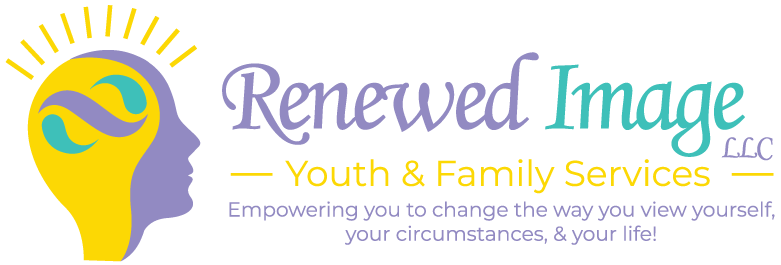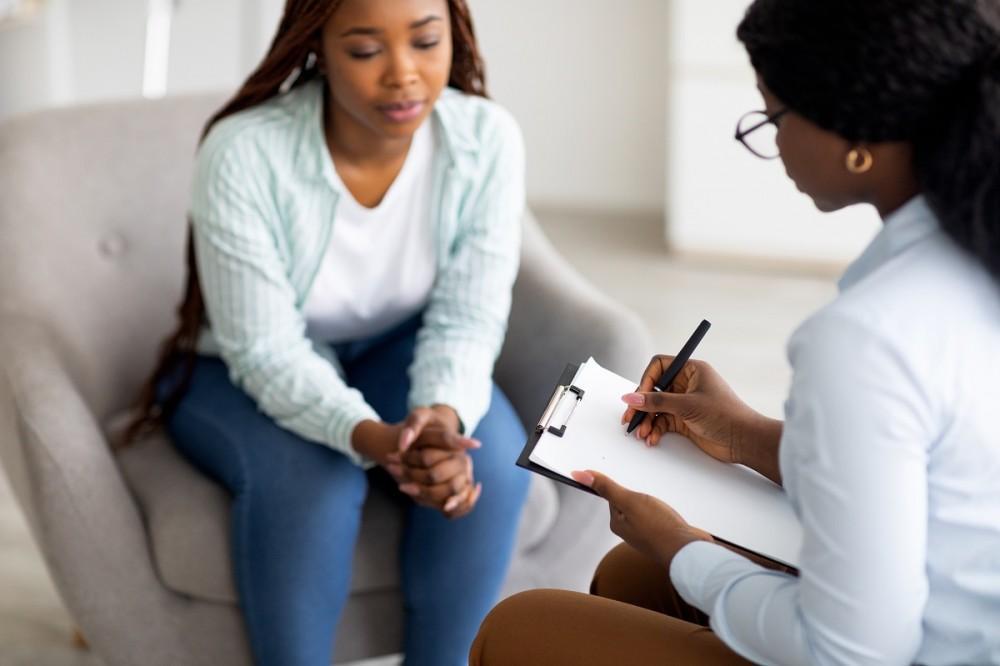Relationships can be both rewarding and challenging. Whether you’re navigating a romantic partnership, family dynamics, or friendships, conflicts and emotional struggles are inevitable. When these issues persist or become overwhelming, individual therapy can provide valuable support and guidance.
This article delves into the transformative power of individual therapy in navigating and resolving relationship challenges.
I. What is Individual Therapy:
Individual therapy, also known as psychotherapy or counseling, involves one-on-one sessions between a trained therapist and a client. It provides a safe and confidential space for individuals to explore their thoughts, emotions, behaviors, and relationship dynamics. Therapists employ various techniques, such as cognitive-behavioral therapy (CBT), psychodynamic therapy, and mindfulness practices, tailored to the client’s specific needs and goals.
II. Navigating Relationship Issues:
Relationship issues are multifaceted, often rooted in complex emotions, past experiences, and communication patterns. Whether it’s conflicts, intimacy issues, trust issues, or coping with a breakup, these challenges can significantly impact one’s well-being and quality of life. Individual therapy offers a personalized approach to delve into the underlying causes of these issues and develop effective coping strategies
III. Why Choose Individual Therapy for Relationship Issues?
Personal Exploration:
In individual therapy, you have the opportunity to delve into your own experiences, beliefs, and patterns. By understanding yourself better, you can identify how these factors impact your relationships.
Emotional Regulation:
Relationship issues often trigger strong emotions such as anger, sadness, or anxiety. Individual therapy equips you with tools to manage these emotions effectively, preventing them from negatively affecting your interactions with others.
Communication Skills:
Effective communication is essential for healthy relationships. Therapists can teach you active listening, assertiveness, and conflict resolution techniques. These skills enhance your ability to express yourself and understand others.
Self-Reflection:
Through guided self-reflection, you can explore your attachment style, past relationship dynamics, and any unresolved issues. This self-awareness contributes to healthier connections.
Boundary Setting:
Individual therapy helps you establish healthy boundaries. Learning when to say no, respecting your own needs, and recognizing red flags are crucial for maintaining balanced relationships.
IV. Common Relationship Issues Addressed in Individual Therapy
Codependency:
Individuals who struggle with codependency often prioritize others’ needs over their own. Therapy helps them develop self-reliance and independence.
Trust and Betrayal:
Whether dealing with infidelity or broken trust, therapy assists in rebuilding trust or making informed decisions about the relationship’s future.
Attachment Styles:
Understanding your attachment style (secure, anxious, avoidant) can improve your interactions with partners and reduce relationship anxiety.
Communication Breakdowns:
Therapists teach effective communication techniques, including active listening, assertiveness, and conflict resolution.
Loss and Grief:
Coping with the loss of a loved one or the end of a relationship can be incredibly challenging. Individual therapy provides a safe space to process grief and find healing.
Conclusion:
Individual therapy holds immense potential in addressing relationship issues by fostering self-awareness, healing past wounds, improving communication skills, and promoting personal growth. While couples therapy remains a valuable option for resolving conflicts and strengthening bonds, individual therapy offers a unique and complementary approach to cultivating healthier, more fulfilling relationships. By investing in their own emotional well-being, individuals can positively impact their relationships and create a foundation for lasting love and connection.


